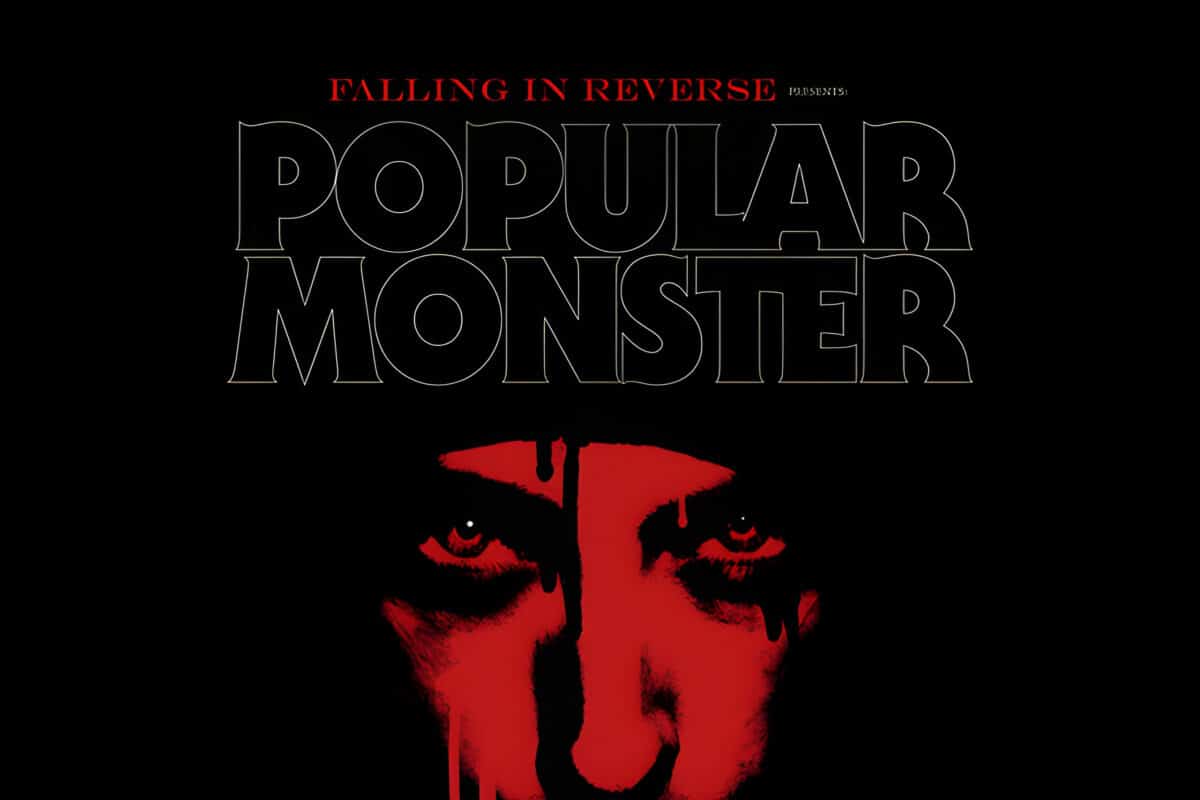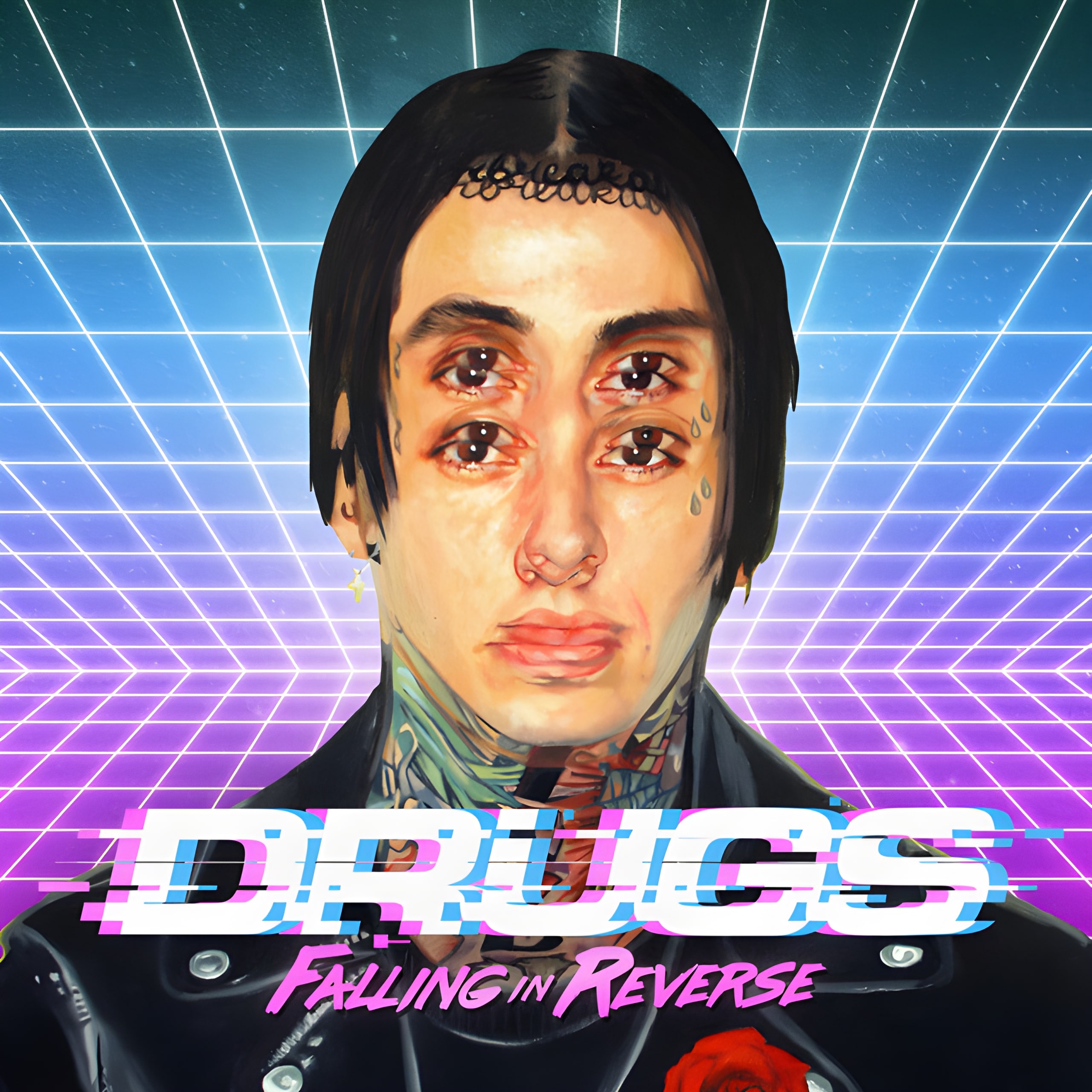Released: 2019
“Popular Monster” by Falling In Reverse isn’t just a rock song—it’s a raw, unfiltered journey into the mind of someone grappling with their inner demons and societal perceptions. At its core, the song talks about facing mental health struggles, the constant battle between personal identity and how others see you, and the search for escape from the pain. Ronnie Radke, the band’s lead singer, pulls no punches in sharing his story, using the metaphor of a “popular monster” to describe how he feels seen by the world versus what he’s experiencing internally.
The song kicks off with Radke waking up feeling lost and confused, questioning whether his feelings are just a phase. This introduction sets the stage for a candid discussion about dealing with depression, PTSD, and suppressed rage. Despite being told by both doctors and therapists that these feelings are temporary, Radke pushes back, insisting it’s not just a phase but a constant fight to feel okay. This struggle is something many can relate to—getting advice that doesn’t quite get to the heart of the problem, leading to frustration and a feeling of being misunderstood.
As the chorus hits, “I’m a liar, I’m a cheater, I’m a non-believer / I’m a popular, popular monster,” we’re confronted with the duality of self-perception versus external perception. Here, the song explores the idea of being seen as a monster by others, while internally dealing with a myriad of issues that lead to destructive behavior. The phrase “falling into love now with falling apart” poignantly highlights how in the midst of chaos, there’s a perverse comfort in self-destruction, a theme that resonates with anyone who’s felt at war with themselves.
In the second verse, the rat-maze metaphor paints a vivid picture of feeling trapped, running in circles but getting nowhere. This sense of futility and the struggle to escape from one’s own mind are themes many can identify with. Radke’s admission of coming “closer to the grave” and his actions to “feel again” by crashing his car highlight the extreme measures some go to in order to feel alive or to simply feel something amidst numbness.
The bridge, “We’re sick and tired of wondering / Praying to a god that you don’t believe,” touches on the search for meaning and the desperation to find answers in a seemingly indifferent universe. This culminates in the stark, challenging question, “where the fuck is your god now?”—a line that expresses frustration with the often fruitless search for divine intervention or signs in our darkest moments.
The song closes with a repetition of the chorus, underlining the central theme of the struggle between how one is perceived and the reality of one’s internal battles. “Popular Monster” is a powerful anthem for anyone who has ever felt misunderstood, trapped, and desperately seeking a way out of their suffering. It encourages a conversation around mental health and the importance of understanding and empathy in navigating these deeply personal battles.








